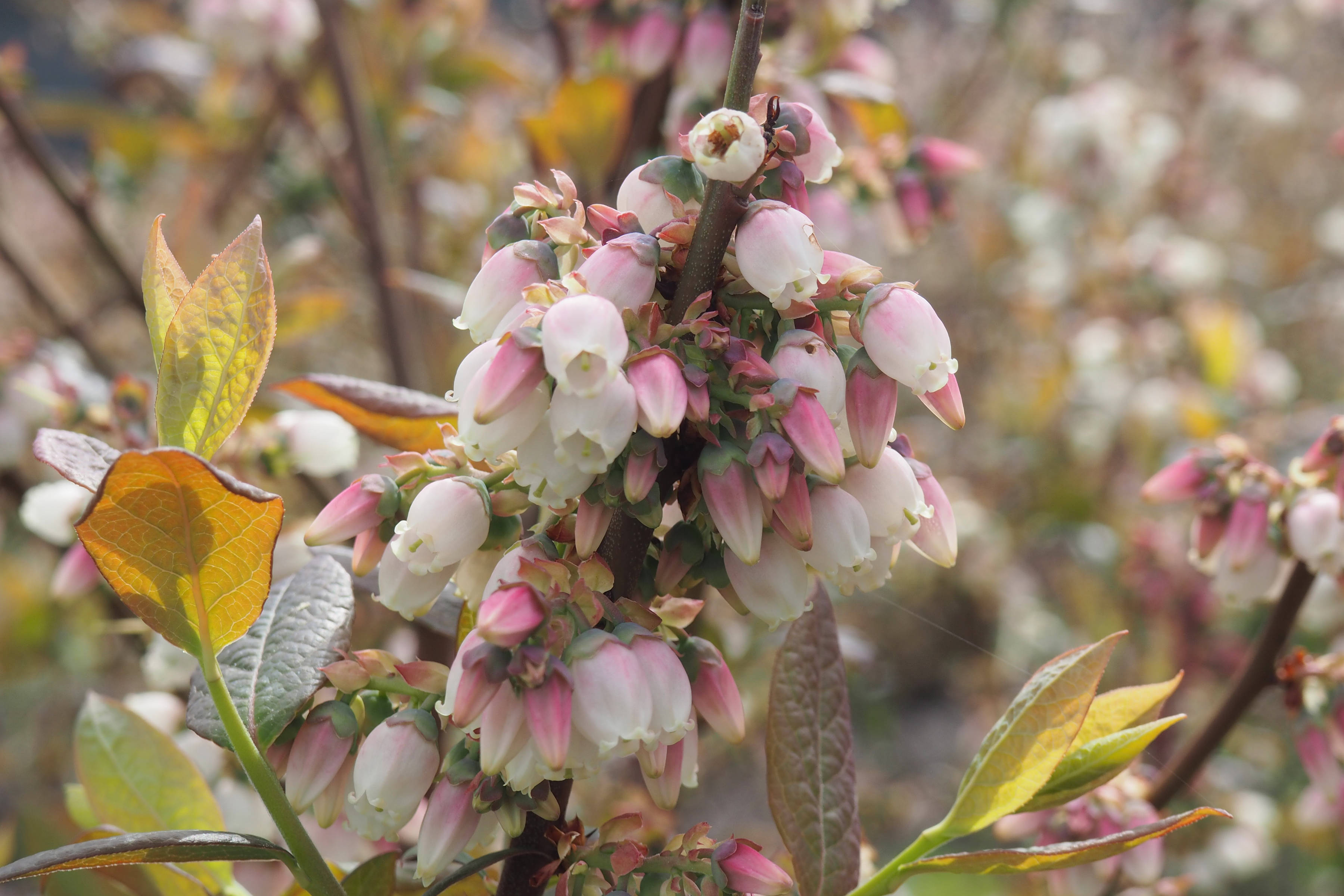A growing business
Damian went straight from school onto the farm about 25 years ago to work with his father, and in 2000 they purchased the next door property with the view to expanding their operation.
When managing the new plantings, Damian says he prefers to let the blueberry bushes become established before cropping them, generally letting them grow for around 4–5 years before allowing them to crop. By doing so, Damian believes he achieves a larger bush which is more productive in the long term, generally achieving yields of around 12–14 tonnes per ha depending on variety.
Production
Tru Blu Berries have planted Northern Highbush varieties including ‘Blue Rose’ and ‘Blue Crop’, with ‘Brigitta’ making up most of the plantings.
Damian’s view is that he will stick with ‘Brigitta’ as he finds it easy to grow and the variety produces consistent high quality fruit. The property now has over 12 hectares under protective net, with around 75% in full production.
With an average rainfall of 600mm per annum, the Clarks rely on a 20 megalitre dam for water storage for irrigation. With limited water storage available, careful water use is critical and is managed by drip irrigation.
Labour
Generally, the harvest season commences mid December and runs through to early March, competing for labour with several other fruit growers in that same harvest window. Tru Blu Berries have put a lot of emphasis on looking after their staff and, as a result, many of the pickers return each year, making the recruitment process easier. Also, to help retain staff the business provides on farm accommodation for up to 25 people. With the varietal mix and blueberries flowering and fruiting over an extended period, the season can last for 3–4 months offering the opportunity for pickers to work over a longer period.
Obviously COVID-19 had a big impact, but Damian remains positive they will find the 80 or so pickers to harvest this season’s crop.
Marketing
Tru Blu Berries have long standing contacts in the wholesale markets in Sydney, Melbourne, Brisbane, Adelaide and Perth where most of the fruit is sold. They also supply several specialty fruit shops locally. Second and third grade fruit is frozen and then sold throughout the year through their specialty fruit shop network.
To cater to growing demand for their fruit, the business recently expanded their packing facilities to include a new shed and cool store complex, and a new grader from BBC Technologies, as well as a 42Kw solar panel system added to help reduce the energy costs. Completed three years ago, the expansion allows the business to vertically integrate production and sales.
Farm gate sales also play a significant part in the sales mix, with the farm situated on the Huon Trail tourism and travel route.
The future
Of the many challenges in modern horticulture, Damian cites labour security as a key issue moving forward.
Despite the many challenges facing growers Damian is positive about the future. His focus now is on consolidation but he always has his his eye out for new varieties and new advances in technology.
